Communicating Christ in a Multicultural World
15. Occultism
Lesson Objectives
To understand aspects of the occult that people follow, and how to reach followers with the Gospel of Jesus Christ.
"When you enter the land the Lord your God is giving you, do not learn to imitate the detestable ways of the nations there. Let no one be found among you who sacrifices his son or daughter in the fire, who practices divination or sorcery, interprets omens, engages in witchcraft, or casts spells, or who is a medium or spiritualist or who consults the dead. Anyone who docs these things is detestable to the Lord, and because of these detestable practices the Lord your God will drive out those nations before you. You must be blameless before the Lord your God. (Deuteronomy 18:9-12)
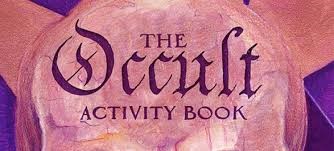
Introduction
Since the mid-1900s, there has been a widespread revival of occultism in the Western world. In the last thirty years Australia has witnessed an explosion of occult activity. Astrology has been accepted as a religion by the High Court of Australia. Occultism seeks to gain greater social respectability and leverage as an alternative to Christianity in the West.
Evidences for the rise in the occult range from media reports of Satanic ritualistic child abuse and witches' covens to seemingly innocent forms of witchcraft in children's' novels and cartoons. Harmless-sounding styles of occultism invade Australian homes via horoscopes in the daily newspaper and TV commercials enticing callers to dial a telephone number to consult with their very own psychic reader ("Have your credit card handy").
[These notes should be read in conjunction with those relating to "New Age Movements", which some people label "Neo-Occult". Interest in the NAM has not dulled involvement in more "traditional" occult practices.]
Definition
"Occult" (Latin occultus) means things that are "hidden or secret". In common usage, the word means any attempt to gain supernatural knowledge or power apart from the God of the Bible. People who practice occultism consider it to be based on hidden knowledge that ordinary individuals do not have.
Popular occult beliefs/practices include
- astrology
- tarot
- palmistry
- witchcraft
- Satanism
- divination
- sťances & mediums
- fortune-telling
- magic
- spiritualism
Spiritualism
Spiritualism is the system that professes belief in the possibility of communicating with the dead. It has been practiced in various forms since early times, eg
- Old Testament Israel and surrounding nations;
- Chinese religion;
- Hindu tradition,
- Babylonian, Egyptian and Roman cultures.
Modern Spiritualism
31 March 1848 is the recognised date for the resurgence of spiritualism in modern times. The young Fox sisters heard "rapping" noises in their father's cottage. Eventually codes of communication were developed which led to the practice of using sťances; mediums; 'Ouija boards"; etc. to establish contact with the spirit world and supposedly with departed loved ones.
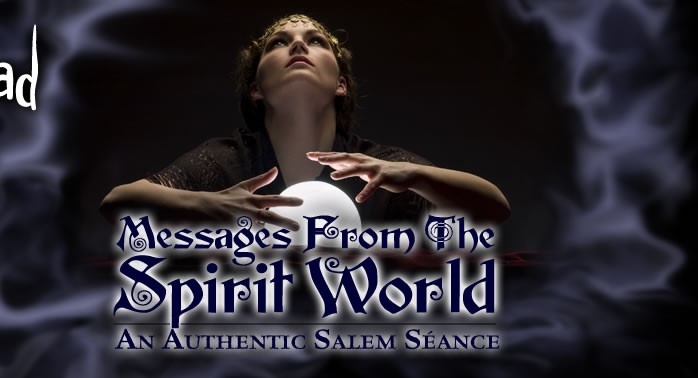
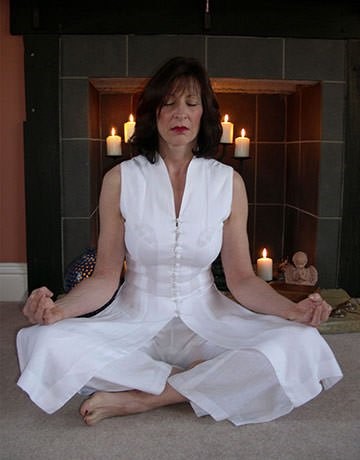
The Bible makes it plain that this is not possible or permitted and that people who practice spiritualism are, in fact, deceived by demonic manifestations.
Doctrines
Spiritualists regard God as "infinite intelligence." "We abrogate the idea of a personal God" "Infinite intelligence pervades and controls the universe, is without shape or form, and is impersonal, omnipresent and omnipotent"
Regard Christ as the greatest Teacher and Medium. They do not accept Christ as divine, claiming that he is divine only in the sense that all men have that "spark of divinity within them". Spiritualists claim Jesus was merely one of the Saviour Christs who have come into the world to lighten the darkness and show by precept and example the way of life to men. Spiritualists believe the teachings of spirits supersede the teachings of Christ.
Spiritualism does not depend on any former revelations (including the Bible).
Their main emphasis is "communication with the dead:
- to convince people of the continuity of life,
- to spiritualise our thoughts, lives and affections by instruction and guidance;
- to bring us consolation in the sorrows and bereavements of life
- to enable us (through mediums) to reach the powerful spiritual helpers in the great crises of life
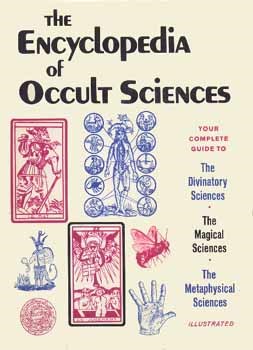
Salvation is through self-development - the death of Christ has no role, except as an illustration of the martyr spirit. "One can see not justice in a vicarious sacrifice nor in the God who could be placated or appeased by such means" (Arthur Conan Doyle; author of Sherlock Holmes).
- Deny the personality of the Holy Spirit. "The Holy Spirit from God is the spirit of some holy person who has once been in the flesh.
- There is no eternal punishment; rather the possibility of reformation in the afterlife through remorse.
- There is no sin.
- There is no Hell.
- There is no "Evil". Evil is good" ("Never was there any evidence of a fall").
- Man becomes a spirit after death, doing both evil and good, but he may be saved as he progresses from one spirit level to the next".

Christian Responses
The Bible teaches that Jesus' name is the only name under heaven whereby we must be saved (Acts 4:12).
Some spiritualists say Jesus called people back from the dead, however he also brought their bodies back to life (eg John I0- resurrection of Lazarus)
Biblical references against the practice of spiritualism include:
Exodus 22:18
Leviticus 19:31; 20:6, 27
Deuteronomy 18:9-15
1 Samuel 15:23, 28:3, 6, 7
2 Samuel 12:23
1 Chronicles 10:13-14
1 Chronicles 33:6
Isaiah 2:6; 8:19-20; 193
Acts 16:16-18
Galatians 5:19-21
I Timothy 4.1-2.
Astrology
Throughout history, man has searched the stars, planets and heavenly bodies for answers to life's questions. Astrology is a heathen, false practice. But what exactly is it?
Astrology is the study of how the sun, moon, planets, and stars relate to life and events. Belief that the heavenly bodies form patterns that can reveal a person's character or future, depending on the time of their birth. Astrologers learn about this influence by casting (drawing) a circular chart called a horoscope or birth chart
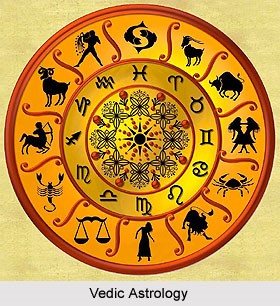
The zodiac was developed in ancient Egypt, the Babylonians adopted it after 1000 BC Astrologers developed a system that linked seasonal changes with constellations of stars.
At first, they studied the heavenly bodies in making predictions about the future. Between 600 BC and 200 BC, they developed the system of casting individual horoscopes. The Greeks and Romans practised astrology and influenced its development. The Roman names for the planets and the signs of the zodiac are still used today
Interest in astrology declined in Europe with the coming of Christianity but regained popularity during the 1100s. By the 1600s, it was particularly strong in England. Astrological almanacs (or charts) were published, and many books defended or attacked astrology.
By the late 1800s and early 1900s, interest in astrology had spread to many other nations.
Newspapers in England began publishing horoscope columns during the 1930s. Today, astrology is followed more widely than ever before
The system used by astrologers to cast a horoscope and predict an individual's future, is based on a special view of the universe. This view involves four elements:
- The earth. In casting a horoscope, astrologers place the earth at the centre of the solar system. They then use this arrangement to determine the positions of the heavenly bodies in relation to the earth.
- The planets. The moon and the sun are considered planets, along with Jupiter, Mars, Mercury, Neptune, Pluto, Saturn, Uranus, and Venus. Each planet represents a force capable of affecting people in a certain way. Astrologers believe the planets influence a person more than do any other heavenly bodies.
- The zodiac is a band of constellations lying on the apparent paths of the sun, moon, and planets. It is divided into 12 equal parts called "signs". Each sign has characteristics, which are determined by a particular planet and other factors.
- Like the zodiac, the earth's surface is divided into 12 pans, called houses, representing characteristics of an individual's life
Many people believe astrology is a superstition, with scientists declaring its entire basis to be unscientific. Scientists point out, for example, that the position of the earth has changed in space since ancient times. As a result, the signs of the zodiac used by astrologers no longer match the constellations for which they were named
Some people who believe in astrology support by citing magnetic fields, solar storms, and other natural occurrences. Others, though they believe in astrology, acknowledge it cannot be supported scientifically. They consider it a set of powerful symbols that can provide a deep understanding of human beings. They defend astrology by pointing out that, in many cases, it works. (Astrology goes back to the ancient civilisation that produced Abram, and beyond that, in the Fertile Crescent.)
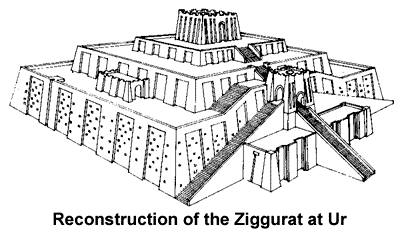
Biblical references against the practice of spiritualism include
Deuteronomy 4:19; 17:2-5; 2 21:3, 5;
Job 31:26-28, Isaiah 47:13-15
Jeremiah 10:2;
Daniel 2: 1-4; 4:7; 5:7-9
Zephaniah 1:5
We should never trust in astrological beliefs or predictions. An astrologer will not save anyone from their troubles. Looking to the stars is not where man's hope and faith should be placed. Our lives are not determined by the stars or movement of planets. The Bible warns against the false predictions of astrology and repeatedly condemns the associated practice of worshipping the sun, moon and stars (or "deities or demons associated with them").
Some other Occult Practices
Magic
Magic involves the use of unnatural or superhuman power (including counterfeit miracles) by a person to try to control human actions or natural events. Includes:
- words- the magician sings or speaks special words (incantations or spells) in a certain order; spells are prayers to demons, spirits, or other supernatural forces;
- actions accompanying spells, enchantments, charming, sorcery, wizardry;
- objects including plants, stones, other things with supposed supernatural power; include fetishes, amulets, charms, talismans (to protect the wearer from harm)
- devices believed to be under the direct influence of spirit powers, eg Ouija boards
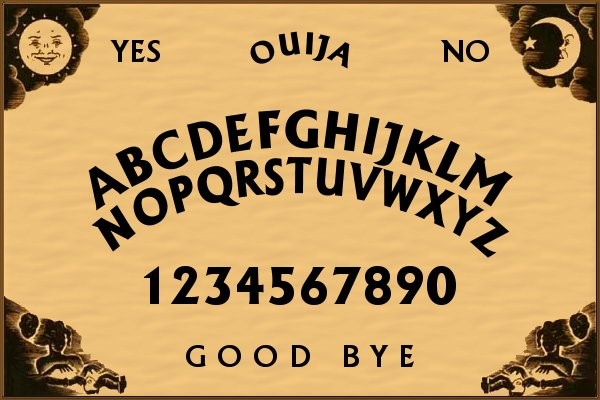
Ouija boards, or spirit boards are flat boards marked with the letters of the alphabet (see picture), the numbers 0-9, the words "yes", "no", "hello" (occasionally), and "goodbye", along with various symbols and graphics. "Oui" and "ja" are "yes" in French and German respectively. Many researches advise that use of Ouija boards opens up people to paranormal forces; the board is used together with a "planchette", or movable pointer, which supposedly moves in answer to questions from people at sťances; users expect that a spirit' will send a message by spelling it out on the board.
Some societies believe in black magic and white magic: black magic harms people, but white magic helps them; witches practise black magic; a "saint" may heal using white magic.
Biblical references against the practice of magic include:
Exodus 7: 11
Leviticus 20:27
2 Kings 21:6
Isaiah 47: 12
Ezekiel 13: 18, 20
Micah 5:12
Acts 8: 11-24
Galatians 5:20-21
Revelation 9:21; 21:8; 22:15.
["Magic" also refers to entertainment in which a performer does tricks. In such entertainment, neither the magician nor the audience believes that the performer has supernatural powers, merely sleight of hand or psychological tricks that are usually harmless.]
Fortune Telling or Divination
Divination is the practice of attempting to foretell future events or discover hidden knowledge by occult or supernatural means.
Palmistry involves the prediction of events by reading the lines and marks of a person's hand. Some fortune-tellers claim to read messages in coffee grounds, tea leaves, dried mud, or crystal balls.
Others use tarot cards, a special pack of pictured playing cards, to tell the future.
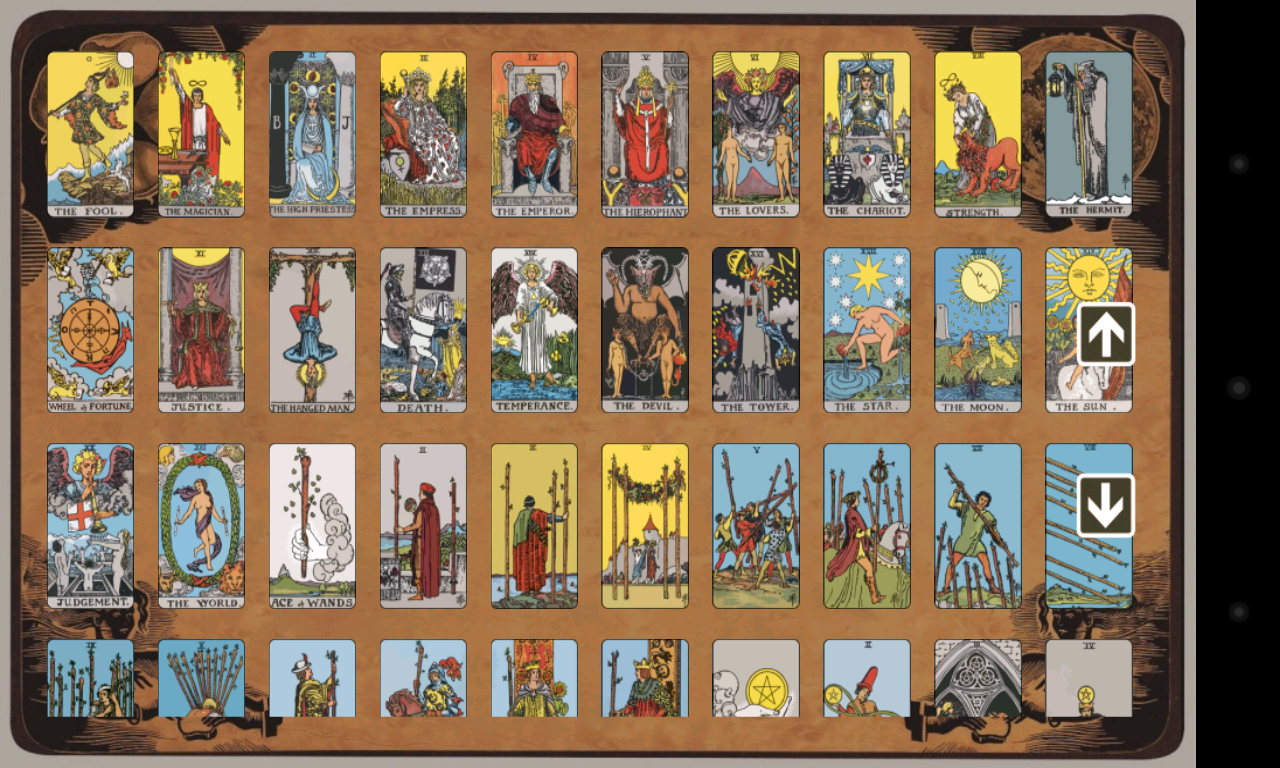
Biblical references against divination include:
Leviticus 19:31
1 Samuel 28
2 Kings 21 23, 24
Isaiah 8:19; 19:3, 44.25;
Jeremiah 14 14; 27:9
Ezekiel 13Ŗ, 8; 21:21
Witchcraft
Since the mid-1900s, a new interest in witchcraft has emerged in Europe, the USA and Australia. As a result, witchcraft (not the popularised image, but people actively seeking Satan's power & engagement) as an organized religion has attracted large numbers of believers.
These people meet regularly in local covens (groups of 13 or fewer members). Witchcraft festivals called Witches' Sabbaths take place four times a year, one in each season.
One of the most important festivals occurs during Halloween, which is gaining acceptance in Australia as a cultural expression.
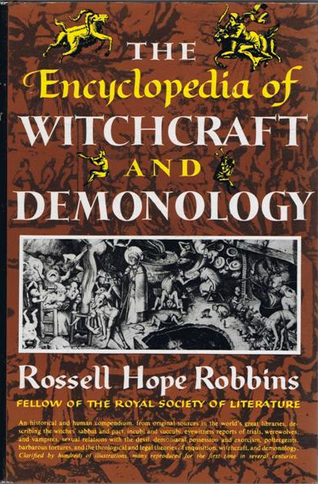
Reaching People Involved in the Occult
Read Acts 8:4-13; 16:16-18; 19:13-20
While the occult is sinister and evil, the individuals involved are usually "average" people who are desperately searching for answers to problems, acceptance and love. Most occultists are no different than any other -lost person who needs the saving knowledge of Christ. Often they are genuinely seeking spiritual answers, unaware of what they are getting involved in.
Others get involved for "fun", but do not realise what they opening themselves up to. We are not to look to omens or "signs" to direct our lives. The Bible describes the folly and failures of those who claimed the ability to predict the future based on their own powers or those of spirits. These practices are anti-God and are in rebellion against Him.
Christians must respond to the occult, not with fear and accusation, but by sharing Christ to those who are involved, with respect and love, as well as using the gifts of the Holy Spirit (which come with their own power).
Here are a few suggestions to help you relate to those involved in the occult.
- Get to know them - friendship evangelism; build trust and the capacity to speak into peoples' lives, with the help of the Holy Spirit. Invite them into your circle.
- Practice Christian love - this will contrast with what they know about Christianity. Let your light shine. Watch how you manage the relationships.
- Show sensitivity and tact when presenting the gospel.
- Know what you are talking about. People in the occult hate to be misrepresented.
- Be sure to do good research so that you do not attribute beliefs or actions to the person that do not actually apply.
- Know what the Bible says. You should also know where the Bible teaches essential Christian doctrine. Given that people in the occult often reject the Bible, you should also utilize other tools to show the weaknesses in the occultic worldview. Causing people to critically examine their beliefs may be used by the Holy Spirit to make them more accessible to the claims of Christ
- If they accept the Bible, show them that they can seek direction and answers from God, without needing to dabble in (and be deceived by) the occult. They can entrust their futures to Him.
- Encourage them to leave the occult alone, to turn their backs on it; pray for them (and with them) to have victory as they do so.
- Live out of your relationship with Jesus Christ. Your faith should be made visible in your action; you should clearly experience, and be transformed by, the things you share with others.
- Remember
- the occult is part of a real spiritual realm, but one in which Jesus Christ is Lord - I John 4:4;
- you have spiritual authority and power- 2 Corinthians 10:3-5;
- God, in you, is greater than the god of this world - 1 John 4:4
Put on all of God's armour so that you will be able to stand safe against the strategies and tricks of Satan. For we are not fighting against people made of flesh and blood, but against persons without bodies - the evil rulers of the unseen world, those mighty satanic beings and great evil princes of darkness who rule this world, and against huge numbers of wicked spirits in the spirit world. (Ephesians 6: 11-12, Living Bible).









